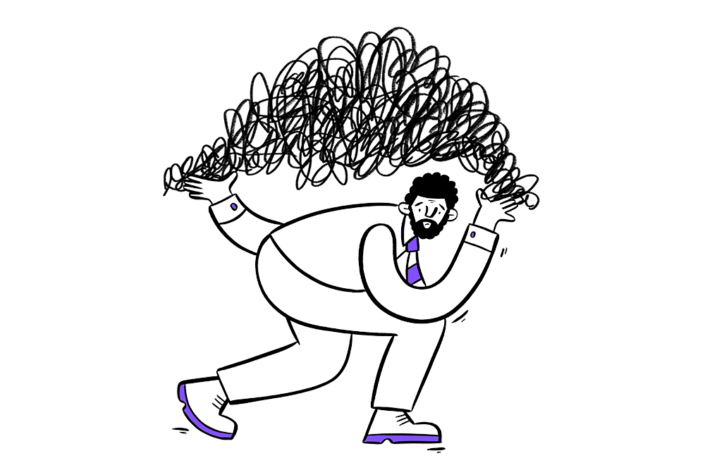Burnout is a state of physical and mental exhaustion caused by excessive and prolonged stress.
Feeling overwhelmed, emotionally drained and unable to meet the demands of work and life are the classic signs of burnout.
It can be hard to admit to ourselves that we’re feeling overwhelmed. Recognising the signs in yourself is key. Then acting to make changes. This might be telling other people how you feel, doing more to looking after your wellbeing, or seeking help.
Some of the signs of burnout at work can be missing deadlines, feeling like you need to work long hours but feeling unable to concentrate or getting easily distracted. You might be irritable or making mistakes or forgetting things. You might be finding it hard to sleep or get up in the morning. You might be feeling like you can’t do your job well any more.
If you’re feeling like this, then you may need to take time to recover, refresh and reboot.

Preventing burnout
This Government People Service video explains what burnout is and describes its four stages. It outlines actions you can take to rebalance yourself.
Can’t see the video? Watch it on YouTube.
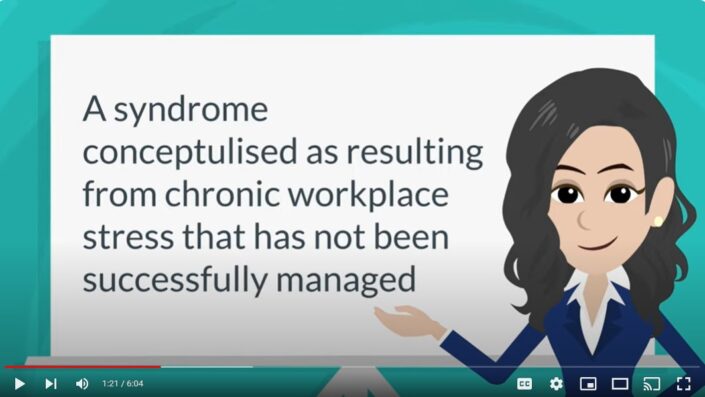
Steps to take
The video describes 12 things you can do to look after yourself:
- speak to your GP
- contact your Employee Assistant Program (EAP) to talk about how you are feeling. Find their details on your organisation’s intranet site
- contact a mental health first aider (or equivalent)
- find the wellbeing resources on your organisation’s intranet or go to our wellbeing hub
- complete a stress risk assessment to identify your stressors and what you can do to reduce them
- ask your line manager to arrange an occupational health referral
- switch your work phone off and pack your laptop away each evening
- take regular exercise even if it’s just a brief walk
- drink water
- reduce your caffeine intake
- make sleep a priority
- eat better and at more regular times. Don’t skip lunch because you’re too busy and then snack on things that don’t make you feel good
When you can feel things starting to get too much, talk to a trusted colleague, your manager or team leader. Or use one of the support networks in place in your organisation.
It’s worth remembering that burnout is different to depression. Some of the symptoms are the same, for example extreme exhaustion, feeling down, and reduced performance. Depression specific symptoms include low self-esteem and hopelessness. Avoid giving yourself a diagnosis, speak to your GP instead.

How we can help and support you
Hints and tips to help you to work more efficiently and boost mental wellbeing at work.
Related pages
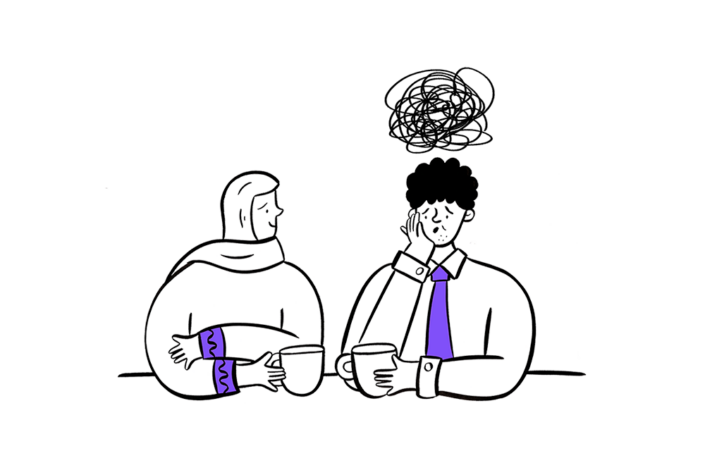
When a relationship breaks down, the stress can take over your life. Whatever’s going on, we’re on hand to support you through it.
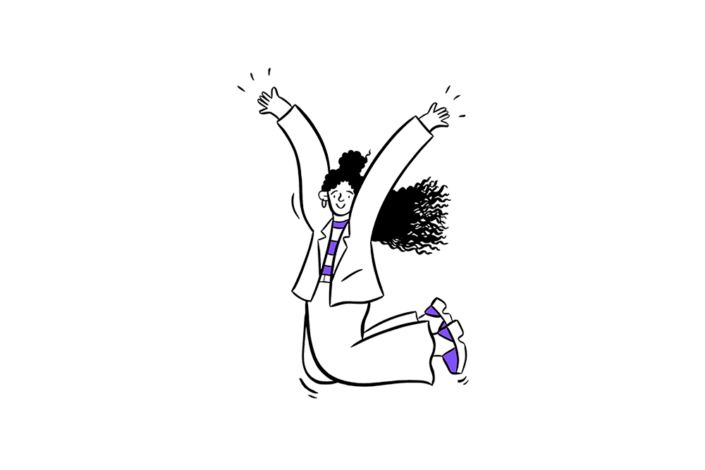
Whatever you are coping with, we can listen and find ways to help.
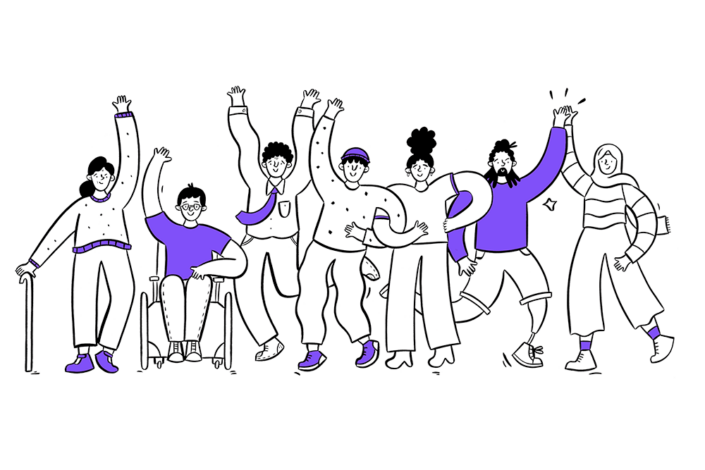
Make a life-changing difference to a civil servant when they most need it. Fundraise, donate or volunteer your time.
